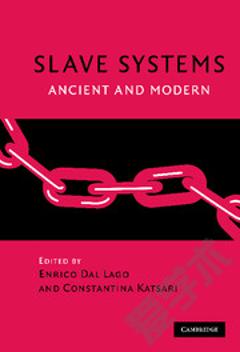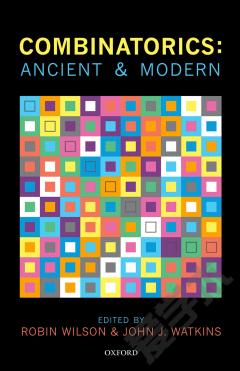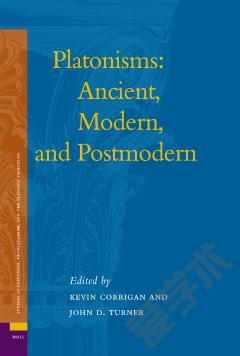Slave Systems: Ancient and Modern
Part I. Slavery, Slave Systems, World History and Comparative History: 1. The study of ancient and modern slave systems: setting an agenda for comparison Enrico Dal Lago and Constantina Katsari 2. Slavery, gender, and work in the pre-modern world and early Greece: a cross-cultural analysis Orlando Patterson 3. Slavery as historical process: examples from the ancient Mediterranean and the modern Atlantic Joseph C. Miller Part II. Economics and Technology of Ancient and Modern Slave Systems: 4. The comparative economics of slavery in the Greco-Roman world Walter Scheidel 5. Slavery and technology in pre-industrial contexts Tracey Rihll 6. Comparing or interlinking? Economic comparisons of early nineteenth-century slave systems in the Americas in historical perspective Michael Zeuske Part III. Ideologies and Practices of Management in Ancient and Modern Slavery: 7. Ideal models of slave management in the Roman world and the Antebellum American South Enrico Dal Lago and Constantina Katsari 8. Panis, disciplina, et opus servo: the Jesuit ideology in Portuguese America and Greco-Roman ideas of slavery Rafael de Bivar Marquese and Fabio Duarte Joly Part IV. Exiting Slave Systems: 9. Processes of exiting the slave systems: a typology Olivier Petre-Grenouilleau 10. Emancipation schemes: different ways of ending slavery Stanley Engerman Part V. Slavery and Unfree Labor, Ancient and Modern: 11. Spartiates, helots, and the direction of the agrarian economy: toward an understanding of helotage in comparative perspective Stephen Hodkinson.
{{comment.content}}








 京公网安备 11010802027623号
京公网安备 11010802027623号